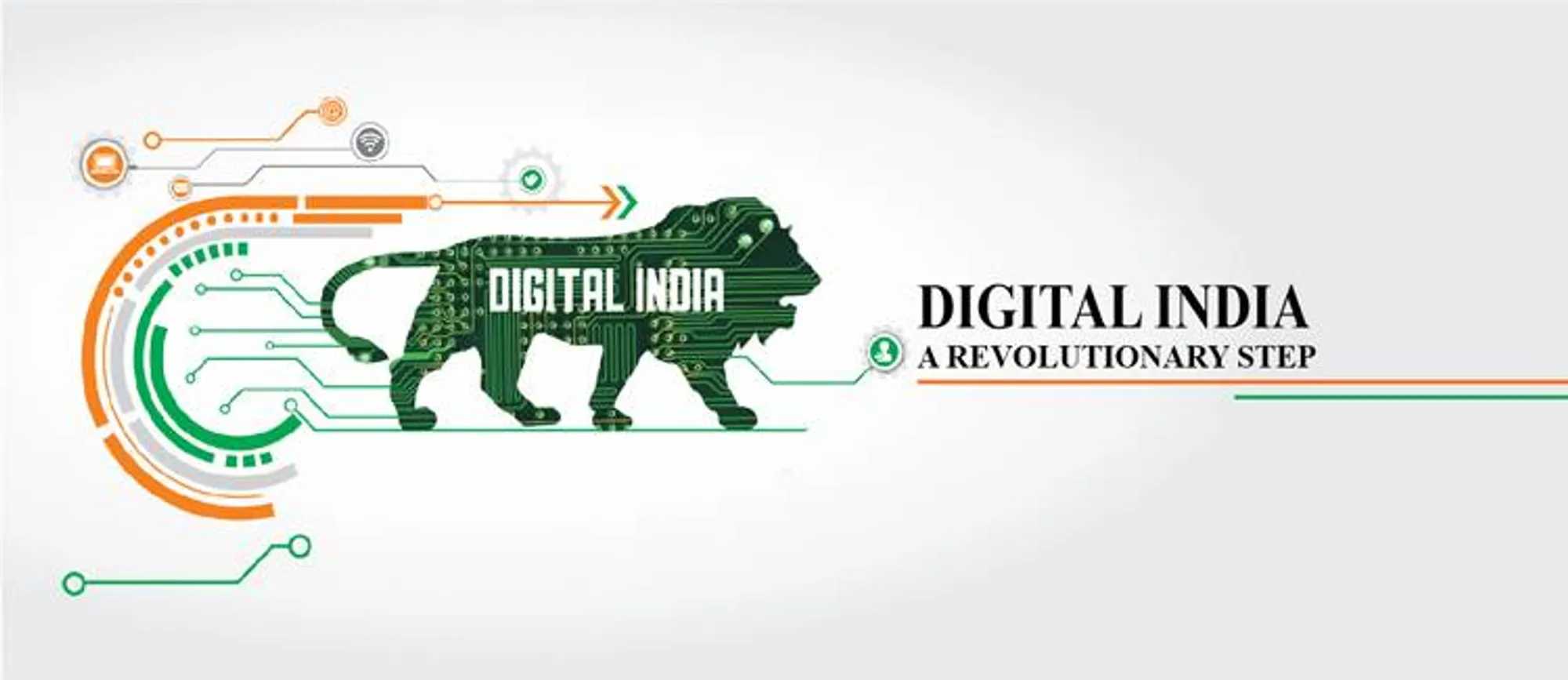How technology has changed lives in today’s world is confined to no single contextual explanation, and in India, our partnership with IT has grown stronger, as government of India proudly launched “Digital India” campaign on 1st July 2015, Aiming for transformation through Digital Inclusion Of 1.7 Cr. citizens trained for IT, Telecom and Electronics Jobs whipping globally acclaimed IT competence for the benefit of 120 Crore Indians.
We have grown ambitious with an aim to have Broadband in 2.5 lakh villages via National Optical Fibre Network ( NOFN) which proposes seven lakh kilometres of optical fibre to be laid to connect 250 gram panchayats in three years. 400,000 Public Internet Access Points, Wi-fi in 2.5 lakh schools, all universities; Public wi-fi hotspots for citizens, universal phone connectivity and Net Zero Imports in IT sector by 2020. 3 core components of the campaign are:-
Digital Infrastructure Creation: – Creating a strong digital infrastructure is necessary to deploy the various digital services across the country, especially in rural areas. This includes creating Broadband Highways, electronics manufacturing and Digital Locker facility which will help citizens to digitally store their important documents like PAN card, passport, mark sheets and degree certificates. The scheme will be monitored and controlled by the Digital India Advisory group which will be chaired by the Ministry of Communications and IT. Being an inter-ministerial initiative all ministries shall offer their own services to the public Healthcare, Education, Judicial services etc.
Digital Service Delivery: – “Changing the way of delivering the services from physical to digital.” The government of India digitalized many of its services under Digital India Campaign such as online Aadhar Card, Pan card, Voting card, registration and much more. The way we perform our daily money transactions is also made digital. Making all the money transactions online will help to stop the corruption as it will ensure the transparency in the transactions.
Digital Literacy: – provides many services for digital learning, such as using electronic devices such as laptops, computers, tablets and smart-phones for learning. Distance Education enables students from all around the country to learn whatever they want with online courses. Eg. SAWAYAM online courses and National Scholarship Portal. Digital Literacy helps any individual to learn skills from operating digital devices to the advanced learning courses which can be learned online. One of the prominent scheme of government in this regard is the, Pradhan Mantri Gramin Digital Shaksharta Abhiyan:- With an aim of making 6 cr candidates digitally literate in 2 yrs.

